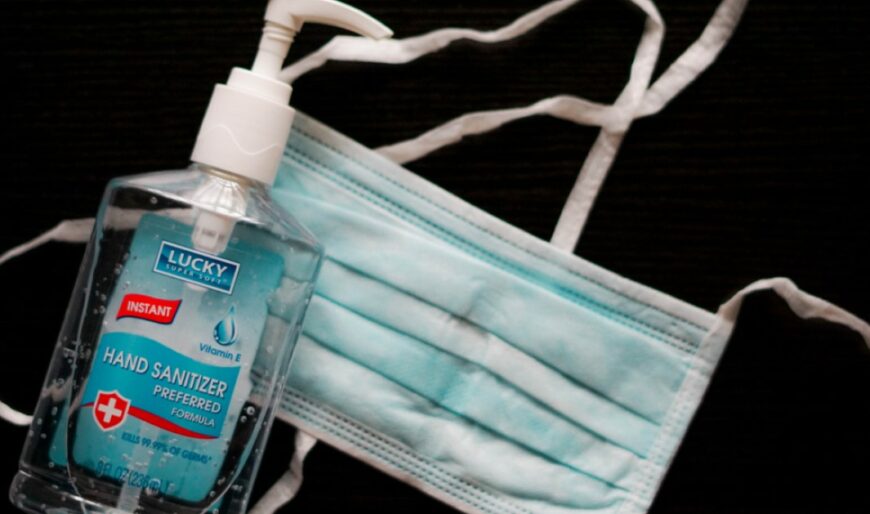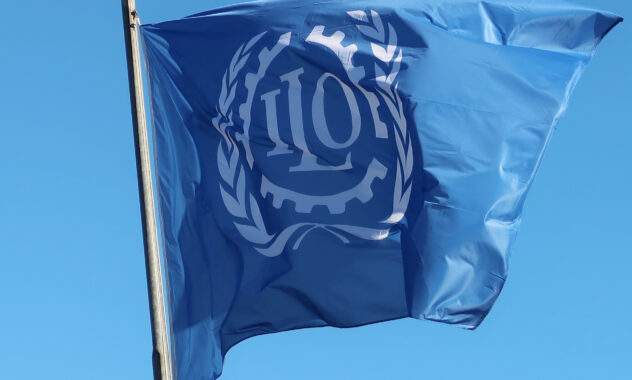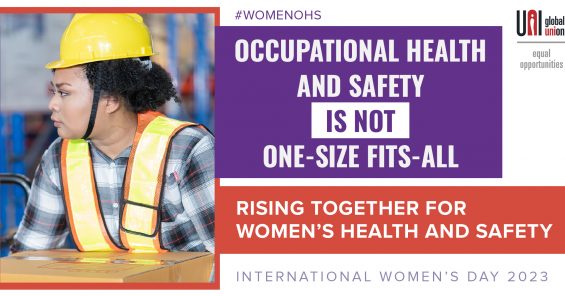Nearly one in three health and social care workers fought first wave without adequate PPE, report finds
The Public Accounts Committee has scolded government for its lack of transparency over Covid-19 contracts.

Nearly one in three (30%) care workers, doctors and nurses reported being supplied with either no PPE or equipment that was inadequately protective during the first lockdown despite many having to care for people fighting active Covid-19 infections.
This is according to a new report from the House of Commons’ Public Accounts Committee (PAC), which found that professionals in the social care sector in particular were “left exposed” to the virus due to the government’s decision to prioritise protecting hospital workers.
Further, the Committee scolded the Johnson administration for its lack of transparency and poor decision-making when it came to the procurement of over £18 billion worth of goods and services, some of which included PPE that was later found to be completely ineffective.
It’s likely that a proportion of this amount also lined the pockets of friends and donors of the Conservative Party. The Labour Party this week published research revealing that £2 billion has been spent on “crony contracts” since the start of the pandemic, which handed lucrative work companies with ties to government ministers, some of which have since been called out for a lack of experience in the area they are providing Covid-related services.
Shadow Cabinet Office Minister, Rachel Reeves, pointed out that £1,000 per day had been doled out to 900 management consultants working on the test and trace project, but public service workers have not been offered a much-needed pay rise.
“Frontline workers were left without adequate supplies, risking their own and their families’ lives to provide treatment and care,” Meg Hillier, Chair of the PAC, said.
“Government had permission to procure equipment at pace and without tendering under the law, but acting fast did not give it license to rip up record keeping on decisions,” she added.
“It did not publish contracts in time and kept poor records of why some companies won multi-million pound contracts. The cost of emergency procurement – £billions higher than the equivalent a year before – highlights how both its pandemic plan and supply of essential equipment were inadequate.”







